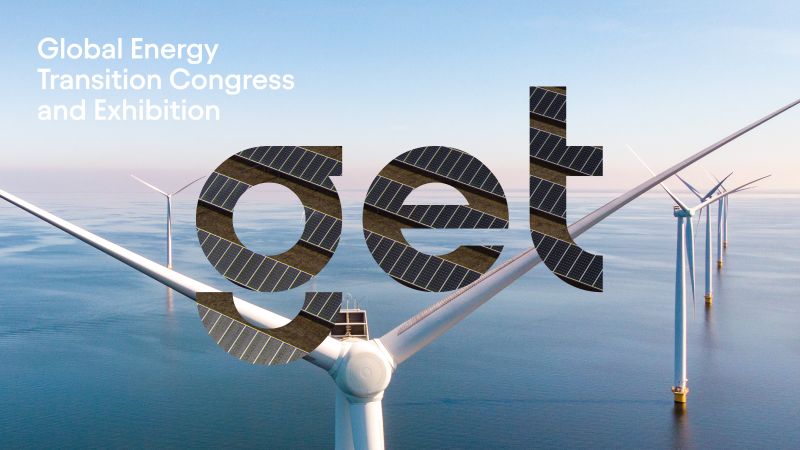“Energy transition: a trilemma requiring new solutions now”
Accessibility to energy resources, environmental sustainability, and social equity: this is the trilemma that now engages Italy and all major world economies to accelerate the energy transition to a model less dependent on high-emitting sources. And then there is the time; the promise is to reach the goal of zero emissions by 2050. The challenge is great, yet according to the new lea Report, it is still possible to contain global warming growth to within 1.5 C and zero emissions in 2050, but it is critical to take bolder actions and establish greater international collaboration. Above all, accelerate the pace of the transition. In this march toward a more sustainable world, energy source mix targets must not only be ambitious, but at the same time, they must be achievable. Certainly, we will not be able to abandon the use of fossil sources as early as tomorrow: energy demand could not be met by renewables alone any time soon. Therefore, in addition to the necessary acceleration in the adoption of renewables, the solution for a smart transition is through bridging alternatives, such as natural gas, because of its lower environmental impact among fossil sources. Then there are the opportunities that technological developments make increasingly viable, such as power generation from nuclear power plants, which are becoming safer, more efficient and with less waste production. Hydrogen, then, will play an increasing role as an energy carrier, both for transportation and efficient energy storage. And there is CO2 capture (ccs), which offers an opportunity to de-carbonize energy production from fossil fuels. At Accenture, as a partner to the big players, we are working on this mission, and we believe that ogg1 more than ever, halfway between the signing of the Paris agreements and the first major deadline of 2030, we need to accelerate action. Indeed, our recent research of some 2,000 large companies worldwide shows that only one-fifth of companies are cutting emissions to achieve Net zero 2050, only one-third are reducing them, but not fast enough, while half are increasing them. Large-emission (so-called hard-to-abate) sectors such as energy, cement, and steel are, yes, investing in the transition, but not at the speed and intensity needed, aided by the climate of uncertainty and volatility due in part to ongoing geopolitical crises. There is still much to be done, and fast. To get an idea: clean energy demand from the chemical, cement and electric mobility sectors alone would require 861 nuclear plants in Europe (today 101) or 1,900 Gw of wind generation, which would occupy a space the size of all of Spain. Active government interventions on industrial sectors certainly help, but by themselves are not enough to achieve the goals in the challenging timeframe. We need enabling mechanisms that bring the system between public and private brackets, to accelerate in a virtuous way. We believe three imperatives are needed: implement differentiated costs for sustainable products and services among (so-called green premiums); bring low-carbon energy and hydrogen to scale; and reduce costs among (both operational and capital) for sustainable infrastructure. These challenges require companies to be increasingly resilient, agile and innovative; for Accenture, this requires a given such reinvention of business, operational and business models, which starts first and foremost with a solid digital core. Generative AI, moreover, is the critical success factor for accelerating reinvention today, and this is how executives in 73 percent of oil and gas companies feel about it according to our recent studies. For this to actually become a reality, companies will have to combine technology with the indispensable human component, investing in talent and providing them with the conditions to lead this transformation. Italy can play a leading role in this challenge and reap great benefits by making the most of its strengths: first and foremost, its geographic position goes between Africa, the Middle East and Europe, which makes it a strategic and sustainable global hub, combined with an important infrastructure endowment (the 40,000 km of gas pipelines connecting the African continent to Europe are an example). The challenge is great, but the reward is also tantalizing: a more sustainable world and sound and equitable economic development. A great opportunity for Italy.


